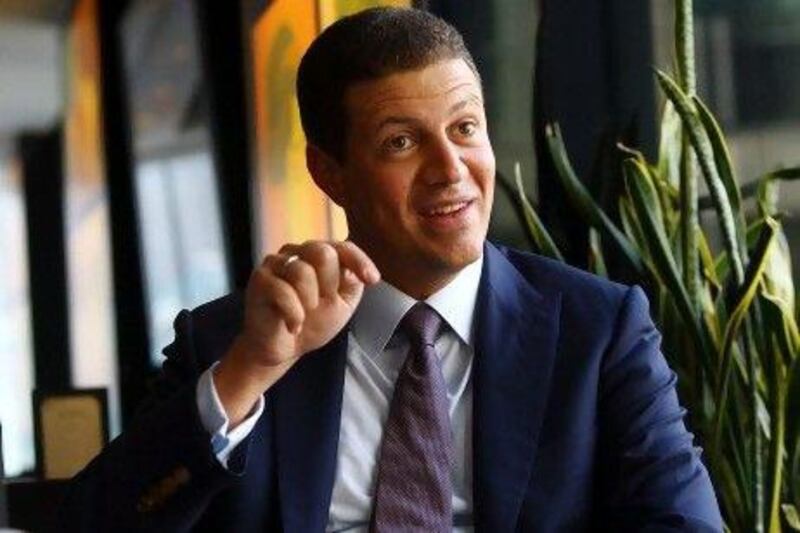The Sharjah-led consortium that operates the only commercial gasfields in Iraqi Kurdistan plans to expand its production as domestic needs grow and the semi-autonomous region considers exports to Europe.
What's the alternative?:
Energy Join The National as it explores alternative to fossil fuels. Learn more
Crescent Petroleum, a family-controlled company, and Dana Gas, its publicly traded sister company, are leading production at the Kormor and Chemchemal gasfields and have invested US$920 million (Dh3.37 billion) into gas production and processing facilities that now provide enough fuel for 22 hours a day of electricity, a wealth of power compared with the four hours or so a day available in the rest of Iraq.
The companies are planning a second phase to increase gas production and push Kurdistan towards becoming an exporter to international markets.
"We're in discussions with the Kurdistan Regional Government about the next phase of expansion and continual investment," said Majid Jafar, the chief executive of Crescent Petroleum and a Dana Gas board member. "We can move quickly, and the Kurdistan region is developing fast."
Although an international scramble for oil riches in Kurdistan has grabbed the spotlight, the regional government estimates as much as 200 trillion cubic feet of natural gas reserves could lie under the surface of this undeveloped region in the north of Iraq. Kurdistan is reserving tranches there for its domestic power needs and yet-to-be-built power plants in Kirkuk, Mosul and Salahuddin in central Iraq - but after that, it wants to begin exporting to Europe, or beyond.
"We need to monetise the value of this gas," Ashti Hawrami, Kurdistan's oil minister, told energy executives in Erbil last week.
Plans include exporting the gas via the Nabucco pipeline linking Turkey with Austria, or a pipeline connecting Kurdistan to the Turkish port of Ceyhan, where it would be converted to a liquid that could be exported by tanker.
The consortium, which includes Hungary's MOL and Austria's OMV as minority investors with 10 per cent each, processes about 300 million cu ft of gas a day. Mr Jafar is optimistic about increasing that and said oil explorers in the region had approached his company about how to manage the gas they find in the course of crude production, although none are yet at commercial volumes. He declined to put a number to the consortium's ultimate targets.
Companies from the region have a unique role to play in the Iraqi energy sector, according to Mr Jafar.
"Because of the risk profile in Iraq, now we really feel that investors from the region - and there's a lot of capital in the region - are not only welcomed, but are better able to manage the risks than western companies, who see a lot more risk potentially," he said.
"We're seeing that already in the Kurdistan region and in other parts of Iraq the investment ties within the region, particularly the GCC, are happening much quicker than [with] big western conglomerates."
twitter: Follow and share our breaking business news. Follow us





